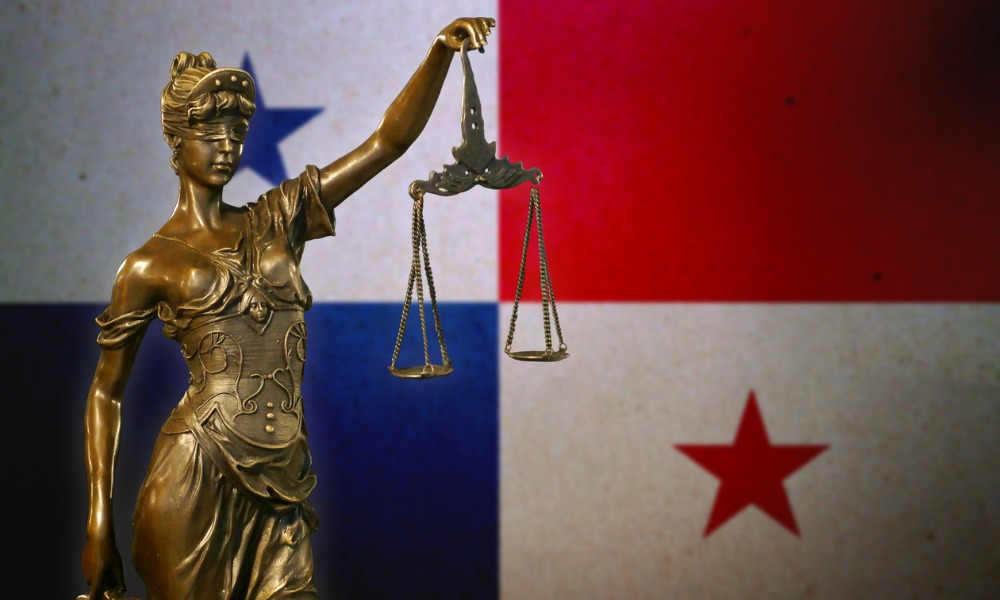
Evidence against the defendants did not comply with chain-of-custody rules

A Panamanian judge has acquitted 28 individuals, including a co-founder of Mossack Fonseca, in a high-profile money laundering case linked to the Panama Papers leak.
Judge Balaoisa Marquínez ruled that the evidence against the defendants did not comply with chain-of-custody rules, raising doubts about its authenticity and integrity.
The ABA Journal reported that the acquittals include Jürgen Mossack, co-founder of the now-defunct Mossack Fonseca law firm, and Ramon Fonseca, another co-founder who died during the proceedings. The judge decided after determining that the prosecution's evidence did not meet the required legal standards. The ruling affects the Panama Papers and related money laundering cases involving the Brazilian oil company Odebrecht.
Mossack Fonseca, a Panama-based law firm, had set up shell companies to help clients shield assets from scrutiny. The firm came under global scrutiny in 2016 when 11.5 million documents were leaked to the German newspaper Süddeutsche Zeitung and the International Consortium of Investigative Journalists (ICIJ). The leaked documents, known as the Panama Papers, exposed the offshore financial dealings of world leaders, politicians, and public figures, leading to widespread investigations and political fallout.
Judge Marquínez noted that the evidence's chain-of-custody issues raised significant doubts about the case's foundation. Additionally, the judge found that other evidence presented was insufficient to establish the defendants' criminal responsibility. Consequently, the court lifted all personal and property precautionary measures against the accused.
Guillermina McDonald, defence attorney for Mossack and Fonseca, expressed satisfaction with the ruling but acknowledged the emotional toll the case had taken.
According to a report, the Panama Papers case had been combined with the Operation Car Wash investigation, a major anti-corruption probe that began in Brazil. The combined case focused on the alleged use of offshore companies to launder money from illicit activities, including bribes paid by Odebrecht to secure public contracts. Judge Marquínez ruled that there was no conclusive evidence of illicit funds entering the Panamanian financial system from Brazil with the intent to conceal or disguise their origin.